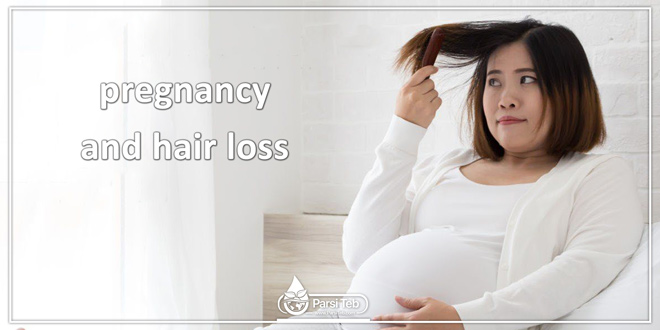What about pregnancy hair loss?
Pregnancy may cause many changes in the scalp hair. As the hormones fluctuate during pregnancy, a large number of women feel their hair thickens and becomes fuller. This may be related to change in the number of hairs cycling in the resting phase of hair growth, but the exact reason is unknown. Quite often, there may be a loss of hair after delivery or six months later. Prevention of this often, natural post pregnancy hair loss is unknown. It is also not known if this loss is just a return to the pre-pregnancy volume of hair.
What specific treatments are there for hair loss in women?
Female hair loss treatments include minoxidil (Rogaine), hair transplants, hair powder fibers like Toppik, wigs, hair extensions, and weaves. Non-FDA-approved and off-label use of Propecia may be discussed with your doctor.
* Minoxidil (Rogaine) is available over the counter and available in 2%, 4%, and 5% concentrations. It may be something of a nuisance to apply twice daily, but it has been shown to help conserve hair and may even grow some. Minoxidil tends to grow very fine small hairs wherever it is applied. It is important to avoid running the liquid onto the face or neck where it can also grow hair. It is marketed for women at the 2% concentration but may be used in higher strengths as directed by your doctor.
* Propecia is a drug that is currently FDA approved only in men for help in hair loss. It has undergone extensive safety testing on women and it was found to be safe in postmenopausal women. It is unsafe for women of childbearing to take this drug or even handle tablets. (It is, however, safe for their husbands to take it while they are trying to become pregnant.) Propecia may be used as an off-label use in women who are not pregnant or planning to become pregnant while taking the medication. Studies have been inconclusive with effectiveness of Propecia in some women and not in others. Although it is not consistently effective, it may be a good option for postmenopausal women or women who are not pregnant or considering pregnancy. Newer studies suggest that Propecia may be somewhat helpful and worth considering in treatment of women’s hair loss.
* Surgical procedures like hair transplants can be useful for some women as well as men to “fill in” thinned-out areas.
 Parsi Teb Physical and Mental Health Journal
Parsi Teb Physical and Mental Health Journal 

![RF [Radiofrequency treatment] (Part II)](https://en.parsiteb.com/wp-content/uploads/2019/08/parsi_teb-RF-Radiofrequency_treatment_2-310x165.jpg)

